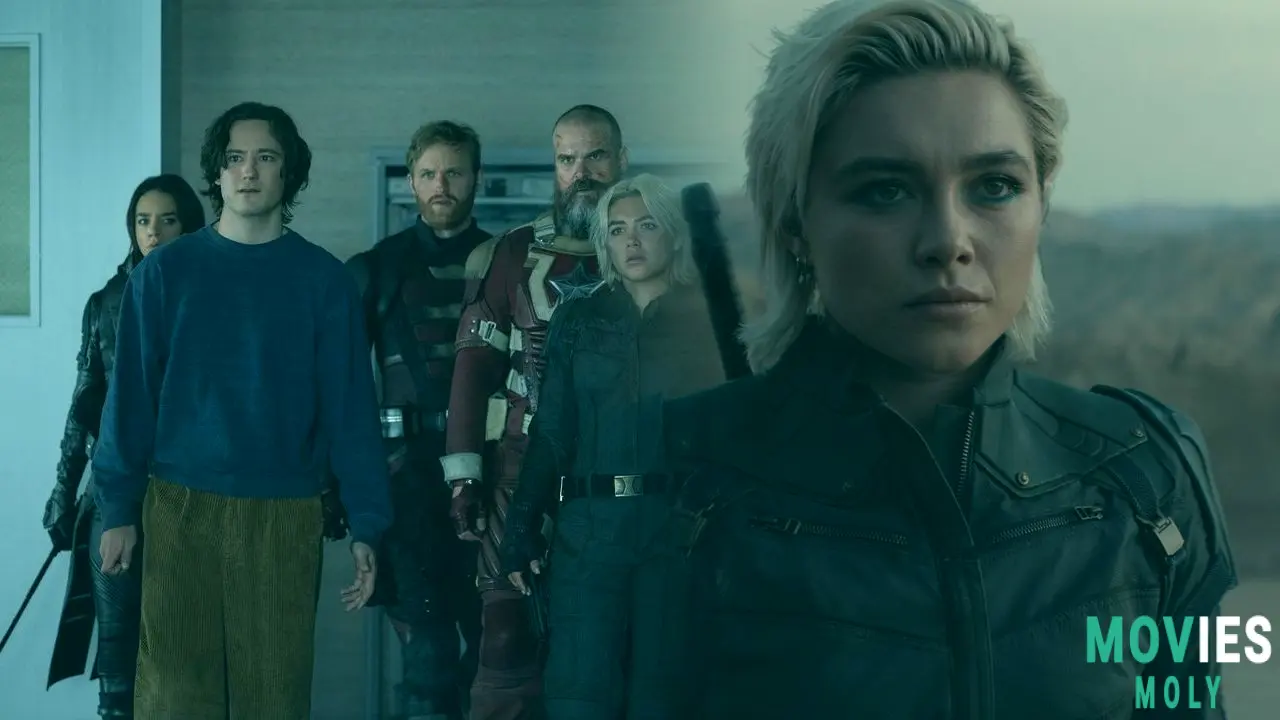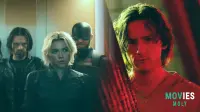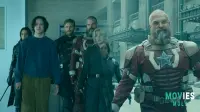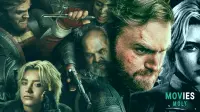Marvel Studios has done it again — not by introducing a god from another dimension or a billionaire in a metal suit, but by turning a band of broken, overlooked misfits into one of the most emotionally resonant teams the MCU has seen since Avengers: Endgame. Thunderbolts*, the 36th installment in the Marvel Cinematic Universe, may not be flawless, but it’s the most soul-stirring and grounded Marvel film in years. And it does so with the kind of messy brilliance that only a studio daring to wander off its usual glittery path could pull off.
Florence Pugh’s Yelena Belova Anchors a Flawed but Passionate EnsembleAt the heart of Thunderbolts* is Florence Pugh, whose performance as Yelena Belova offers the emotional gravity the film desperately needs. Pugh, already a fan favorite from her Black Widow days, steps into this role with a darker, more complex edge. Her Yelena isn’t just punching bad guys — she’s grappling with trauma, identity, and purpose. From a daring suicide-eschewing rooftop freefall into a punchy, emotionally detached monologue during combat, Pugh transforms every scene into a tightrope walk between gallows humor and genuine pain.
Critics and fans alike have praised Pugh’s performance, and for good reason. She squeezes real pathos from a script that often flirts with emotional clichés. When Thunderbolts* falters, it’s usually in its storytelling; when it soars, it’s because of Pugh. She’s not just carrying the film — she’s elevating it.
Not Just a Suicide Squad Clone—Marvel’s Own Guardians of the Galaxy Moment
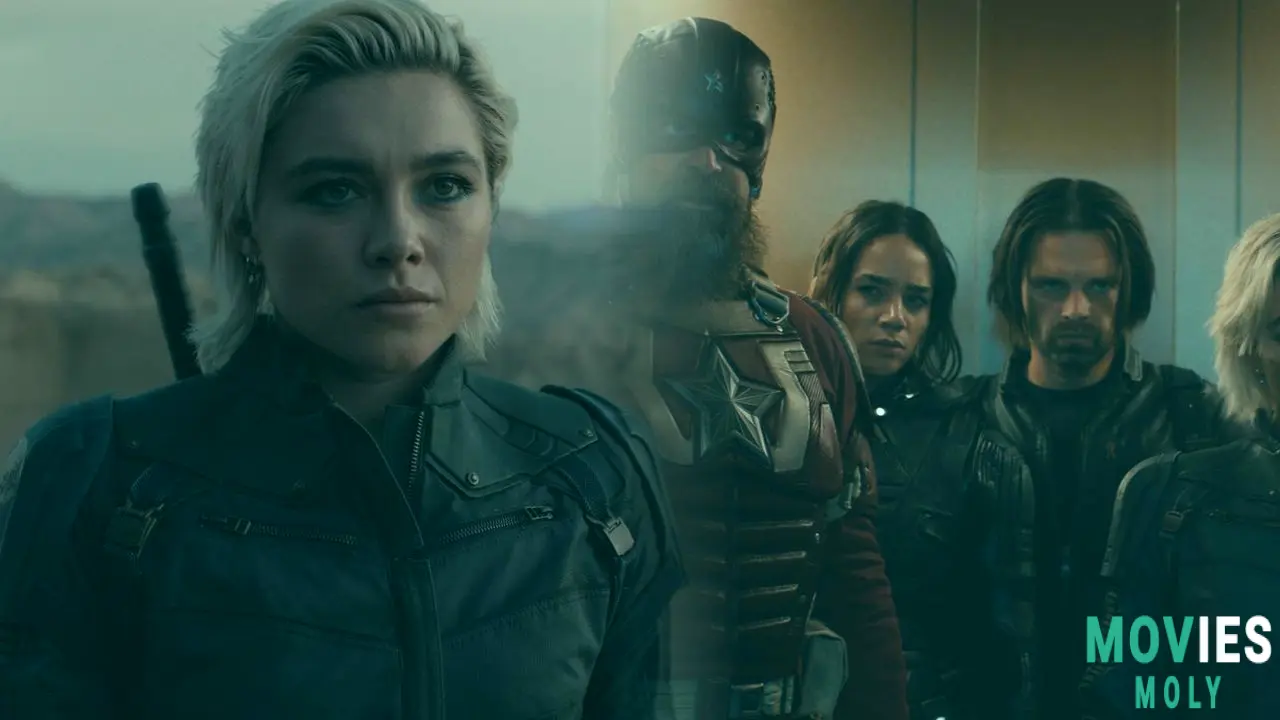
It’s easy to draw comparisons between Thunderbolts* and DC’s Suicide Squad, given the ragtag team of morally gray characters forced into covert missions. But Marvel is actually revisiting its own B-team magic formula — think Guardians of the Galaxy. The team lineup reads like a roster of MCU rejects and gray-area players: Sebastian Stan’s Bucky Barnes, weary and weathered in more ways than one; David Harbour’s Red Guardian, now more limo driver than hero; Wyatt Russell’s John Walker, the disgraced ex-Captain America still latching onto relevance; Hannah John-Kamen’s Ghost, an icy specter with ambiguous loyalties; and Lewis Pullman’s Bob, a nervous, unstable human weapon with catastrophic potential.
These characters weren’t household names before this film, and some fans probably wondered why Marvel was doubling down on them. But Thunderbolts* doesn’t just give them powers — it gives them purpose. And in doing so, it gives the MCU a much-needed shot of character-driven grit.
Mental Health Takes Center Stage in a Marvel Movie—Finally
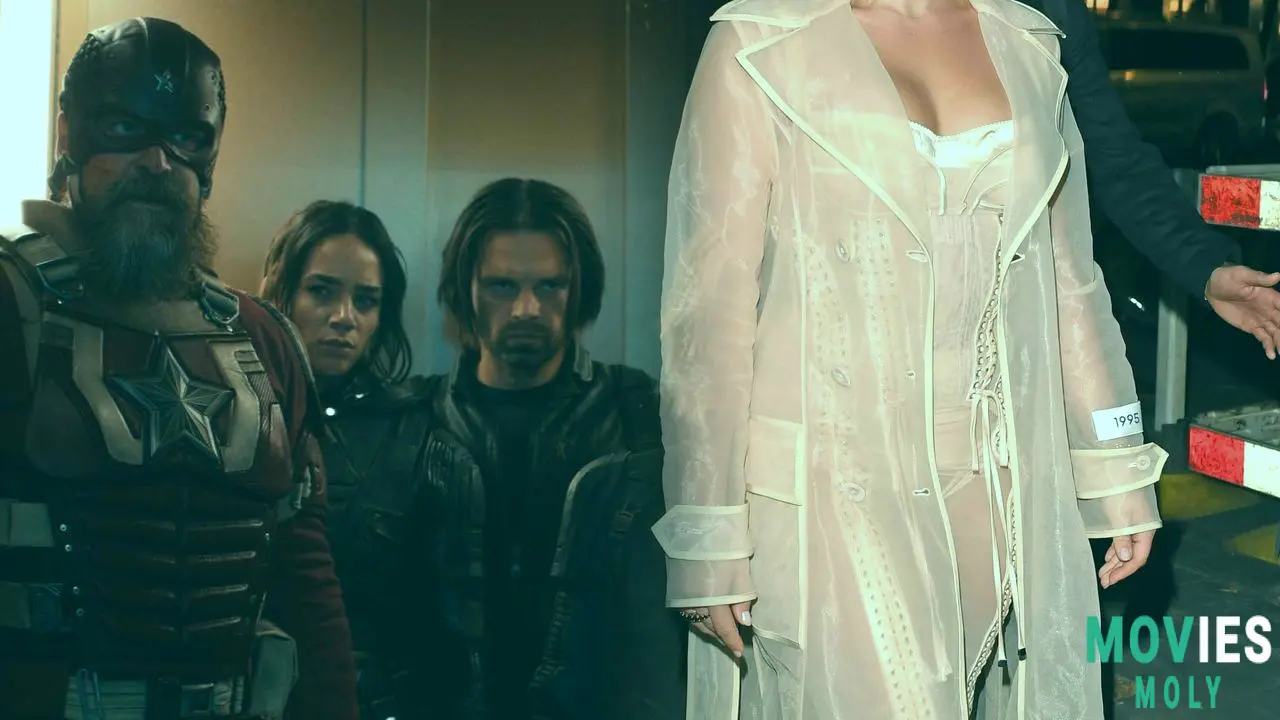
One of the most surprising and welcome elements of Thunderbolts* is its willingness to engage with mental health in a meaningful, if imperfect, way. The film isn’t content with surface-level trauma badges; it attempts to visualize internal struggles through metaphorical “interconnected shame rooms” and emotional battles that are as theatrical as they are thoughtful.
Bob’s descent into villainy—played with heartbreaking nuance by Pullman—is a particularly sharp commentary on the dangers of untreated mental illness. His multiple personalities and emotional volatility make him both sympathetic and terrifying, a human mirror to the film’s core question: what happens when pain is weaponized? It’s a dark turn for Marvel and Disney, but one that feels earned and intelligently modulated for a broad audience.
Julia Louis-Dreyfus Steals the Show as a Sinister and Calculating Villain
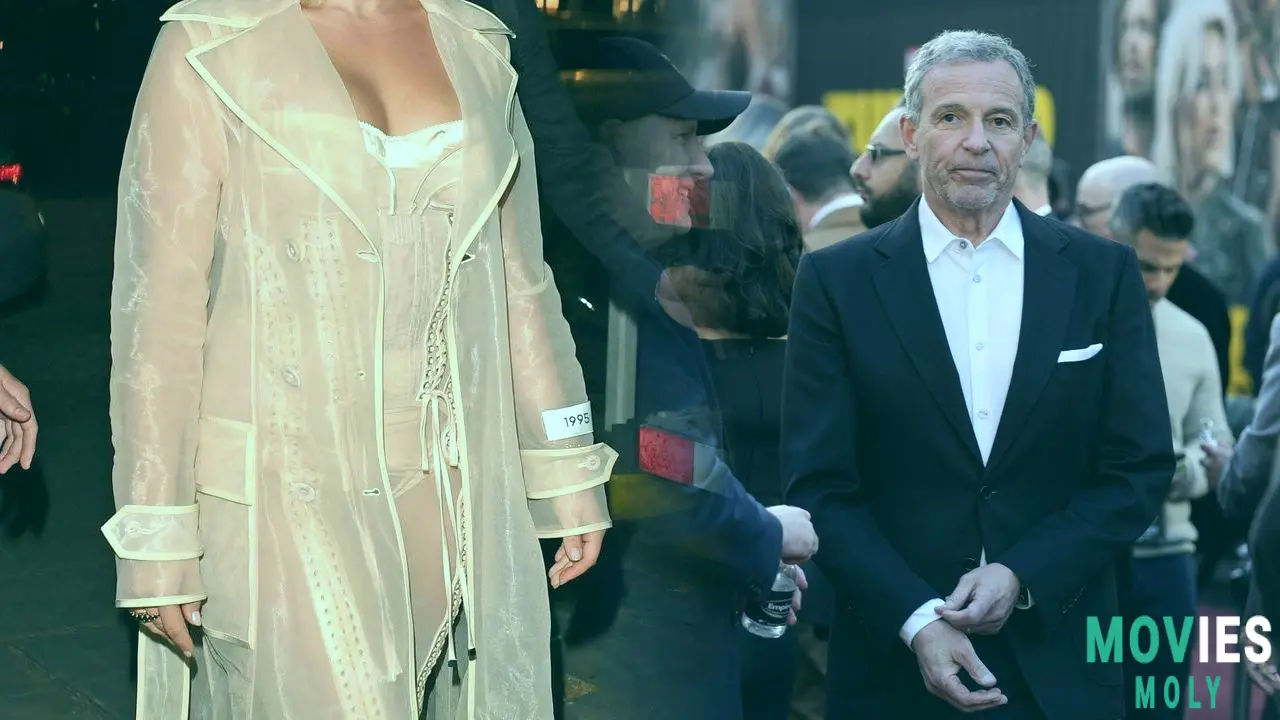
As if the ensemble wasn’t strong enough, Thunderbolts* adds another layer of intrigue with Julia Louis-Dreyfus as Valentina Allegra de Fontaine. Marvel has long teased her character’s loyalties, and here she steps into the role of puppeteer with relish. Louis-Dreyfus is utterly comfortable in her villainous skin, delivering lines with a poison-laced charm that makes her every scene crackle with tension.
She’s not just a foil for the team — she’s the gravitational force that unintentionally binds these misfits together. And Marvel does a smart thing by giving her character agency and menace, rather than just using her as a plot device. Fans will love to hate her, and that’s exactly the point.
A Visual and Tonal Shift That Feels Like a Breath of Fresh Air
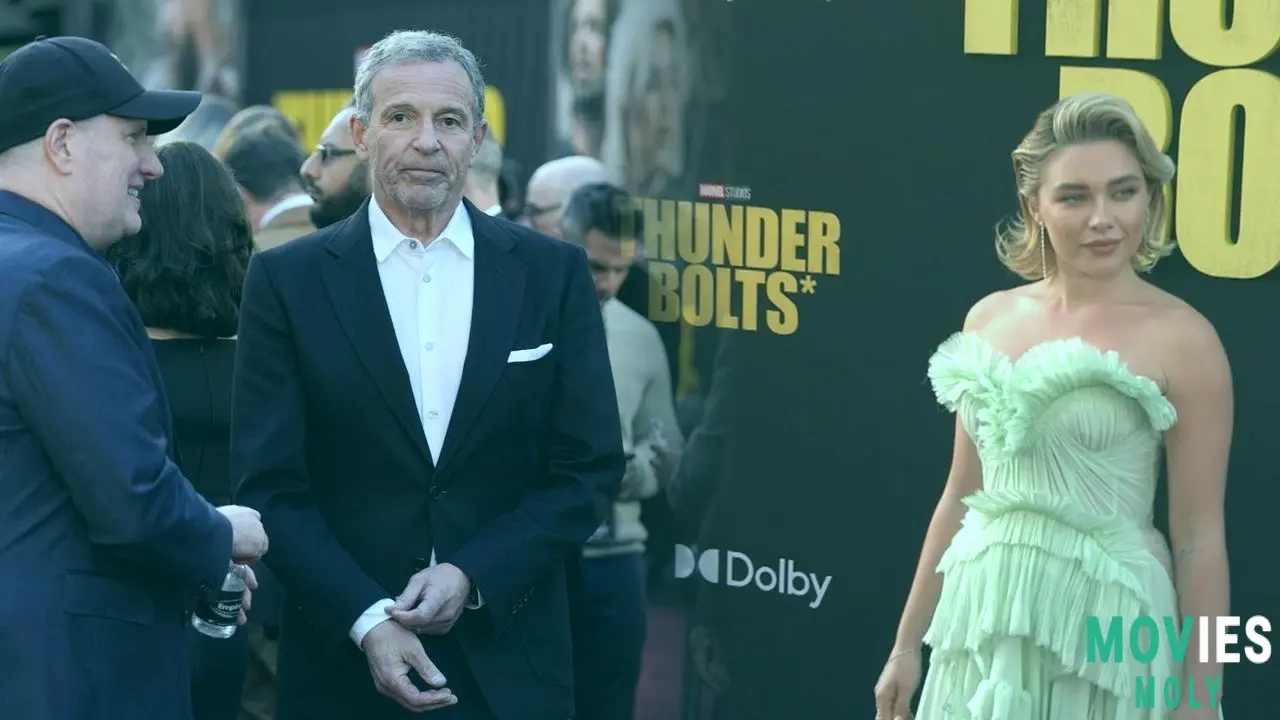
Director Jake Schreier brings an indie sensibility to the film that sets it apart from the usual MCU spectacle. The cinematography by Andrew Droz Palermo is moody without being oppressive, giving the film a grounded look that contrasts with its larger-than-life themes. The action sequences, many shot with practical effects and long takes, feel visceral and personal — especially when the team is fighting among themselves.
There are echoes of A24 films in the storytelling — a touch of Everything Everywhere All At Once in the climactic emotional theater, and a hint of Chronicle in the way superpowers are linked to internal trauma. It’s not always seamless, but the ambition is there, and that counts for a lot in a franchise often playing it safe.
Thunderbolts* Is a Redemption Story for Both Characters and the MCU Itself
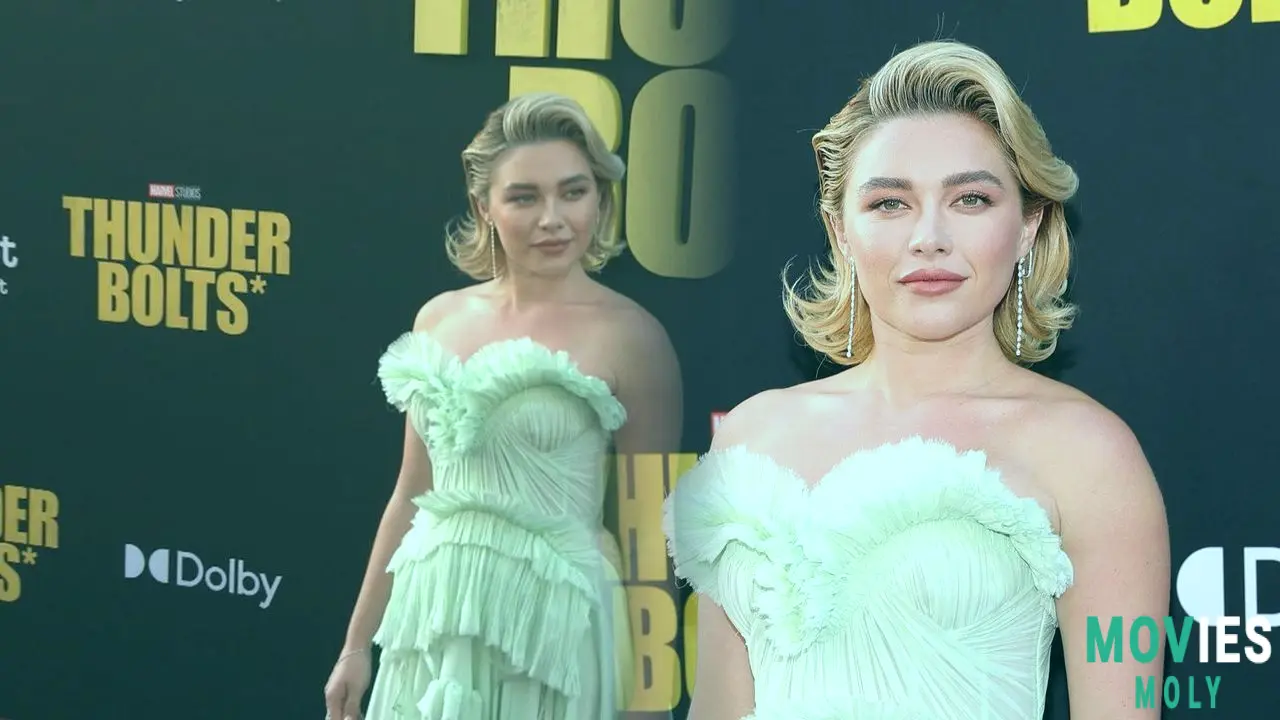
Marvel may be in between its cosmic peaks with the next wave of Avengers films, but Thunderbolts* fills the gap in a way few other Movies could. It’s about second chances — for Yelena, for Bucky, for John Walker, and yes, even for Marvel Studios. After the lukewarm receptions to films like Captain America: Brave New World, this one hits with the kind of emotional honesty and character focus that fans and critics crave.
Is it messy? Absolutely. Does it try a bit too hard in places? Sure. But beneath the surface, Thunderbolts* is a scrappy, heartfelt smash that trusts its audience to care about a team that clearly cares about nothing — or everything — in return. It’s not just a film about antiheroes; it’s about being allowed to be flawed and still fight for something better.
And for a franchise that’s been about saving the world, sometimes what it really needs to save is itself.

